The Restoration of Priesthood: Understanding the Kingdom of Priests
Will you answer this upward call to draw near and minister to the heart of God?
Growing up in a Christian household, I understood ministry to be something that Christian workers did for others. The preacher ministered to the congregation on Sunday mornings through his message, the missionary ministered to the poor by providing food and shelter, and the evangelist ministered to the lost by sharing the Gospel. Observing these roles over time gave me a meaningful picture of what it looked like to minister to others. However, when I reached middle school and began attempting to share my faith and ‘minister’ to others, I quickly encountered rejection and mockery. This experience was disheartening and shut me down in an unfortunate way.
The following years were marked by extreme brokenness in my family, temptation, and sin, leading to a five-year drug binge and all manner of licentious living. After a suicide attempt, an abortion, a close friend nearly losing his life while driving under the influence, and a death in my family, God’s voice began to penetrate my life like a trumpet. I remember it vividly. I was sitting at the abortion clinic, smoking a cigarette and working on some schoolwork. Despite my lack of attention to God at that time, He spoke, “Son, I have something so much better for you.” It was the first time I heard God’s internal voice in such a profound way. But what did He have for me?
Throughout my years of brokenness and sin, I never shook my fist at God. I would only pray for Him to take me out of this wretched world. Little did I know how committed God was to restoring things in this ‘wretched world’. He wanted to enter my broken world at my lowest moment to bring restoration. It wasn’t long after that initial encounter with God’s voice that I found myself alone in my bedroom, on my face, weeping uncontrollably, and asking God to deliver me. Shortly thereafter, through a series of events, I was led to a small house of prayer in Lawrenceville, GA.
The first time I entered the prayer room, I felt the presence of God like never before. In that moment, I was delivered from five years of drug addiction and unrestrained sinful living and was filled with God’s Spirit. From that day in 2007 until now, I have been sober, free, and journeying from glory to glory. But the question remains: What did God have for me that was better? Was it merely freedom from sinful living? Reflecting on the days before my moral failings, when I first tried to embrace ministry to others, I realize that I wasn’t equipped to minister to others because I didn’t understand what ministry to God was first. I needed to find that place of connection with God before I could offer anything to others. But what does ministry to God look like?
Ministry to God
In the Bible, the term ‘minister’ is often used in the context of priests ministering to God. This term did not disappear with the advent of the New Testament. In Acts 13, we see believers in the church at Antioch gathering together “ministering to the Lord.” The Greek word used here is the same one found throughout the Septuagint (LXX) in the context of priests in the temple ministering to the Lord. So why wasn’t this something I saw modeled for me as a young believer?
As humans, we are more inclined to engage in activities that produce immediate results. Feeding the poor is quantifiable, preaching the Gospel every Sunday can be measured, and going on a short-term mission trip is something to include in a newsletter. But what about talking to God? How can you quantify the results of fasting, prayer, and worship? How do you measure a meaningful conversation with your spouse or a friend? How do you measure relational equity?
Because ministry to God is less tangible and measurable, it is easier to neglect. Why? Because God is spirit and exists outside of time; His ways are not our ways. Relationships with other humans are difficult to measure—how much more so with the Creator of the universe, who is entirely “other than”? Here’s the issue: We are first called to minister to God before we are called to minister to others. Paul says in Romans 1:6 that we are “called to belong to Jesus Christ.” How do you measure belonging? What choices and actions reflect “belonging”?
I believe God is restoring priestly ministry in the church today. The concept of being priests before God was not something the early church discarded. In fact, many New Testament authors refer to those who have faith in Jesus, the Jewish Messiah, as part of what Scripture calls a “kingdom of priests.” There seems to be confusion around this topic due to conflation between the priesthood of Aaron (the Levitical priesthood) and the priesthood established by Jesus “in the order of Melchizedek.”
Therefore, it’s important to understand the difference between these two priestly roles and what is meant by the phrase “kingdom of priests.”
Levitical Priesthood
The Levitical Priesthood was established by God through Moses after the Israelites were delivered from Egypt. On Mount Sinai, God gave Moses the functions of the Levitical Priesthood. I want to focus specifically on the identity of the priests, which included two key distinctions:
One could only be a priest if they were from the lineage of Aaron.
The duties they performed were centered around the stewardship of the temple and the sacrifice of animals.
There is much more to be said about the Levitical Priesthood, but for the sake of this discussion, I want to highlight these two distinctions of identity. These are key features that became “obsolete” when Christ established the new covenant priesthood, as stated in Hebrews 8:13. God “found fault with the people” and promised a “new covenant with the house of Israel and with the house of Judah” (Hebrews 8:8). Hebrews 8:9 tells us that this new covenant was not the one God made with their forefathers when He led them out of Egypt. That Mosaic covenant was fulfilled and made obsolete by the death and resurrection of Christ.
The new covenant priesthood enables two significant changes:
Anyone from any nation can become part of this kingdom of priests through being sanctified by the blood of Jesus.
Because of Christ’s sacrifice, there is no longer a need for worship to adhere to the Mosaic sacrificial system (i.e., no need for animal sacrifices in the temple in Jerusalem). We can approach God directly through Christ for worship and fellowship.
Kingdom of Priests
To understand the title “kingdom of priests,” I want to examine three things:
The phrase “kingdom of priests” and the context of its use in Scripture.
The word “kingdom” and its meaning to the prophets and the Jewish community in the first century.
The word “priest” and what it signifies in God’s heart.
What is the Kingdom of Priests?
The first time this phrase appears is at Sinai, after the Israelites were rescued from 400 years of Egyptian captivity, brought through the miraculous parting of the Red Sea, and in the context of Moses receiving the Ten Commandments. God set apart the nation of Israel and invited them to be a “kingdom of priests.” He intended them to be a special nation that uniquely interacted with Him through the Levitical Priesthood. God wanted a people who belonged to Him.
The last time this phrase appears is in the book of Revelation: “...with your blood you purchased men for God from every tribe and language and people and nation. You have made them to be a kingdom of priests to serve our God, and they will reign on the earth.” What was once offered only to the nation of Israel and specifically to the Levites has now been extended to “every tribe and language and people and nation.” Jesus purchased people with His own blood from every nation so that they could belong to God.
What is the Kingdom?
Understanding the word “kingdom” in the New Testament is crucial. I like to think of it simply as “the king’s dominion.” Theologically, it refers to the future universal rule of the Son of David on the throne of David in the restored tabernacle of David in the city of David. Jesus is currently waiting in heaven at the right hand of His Father to inherit the nations He purchased at the cross 2,000 years ago
.Those who belong to God have an eternal place in that future kingdom. Jesus didn’t purchase the nations merely to rule over them; He purchased them to establish a “kingdom of priests.” In this context, “kingdom” refers to our inheritance and leadership role in His future kingdom. Jesus desires co-heirs to rule with Him in His eternal kingdom, with delegates from each nation representing Christ’s global leadership team. But this kingdom is not one of princes but of priests. What does it mean to be a priest?
What are Priests?
The book of Hebrews describes a significant change in priesthood that occurred with Jesus, who was established as the greater High Priest. This new priesthood is an integral part of a believer’s identity. The Mosaic and Aaronic orders were replaced by this new order, meaning that priests are no longer required to follow the Mosaic law or be descendants of Aaron. Instead, through faith in Jesus, people are able to minister to the Lord as priests.
Those who belong to God can draw near to Him, and this is where we “must pay careful attention,” as the author of Hebrews instructs us. In all the promises of ruling and reigning with Christ, we might overlook the crucial role God assigns to those entrusted with such leadership: they are to be priests. God desires priests to rule and reign with Him over the nations. Jesus Himself is High Priest and King of Kings. This demonstrates that God doesn’t want rulers who are disconnected from His heart. Priesthood is fundamentally about being intimately connected with God.
Priests are meant to minister to the Lord, to commune with Him, to enter His presence and offer their incense as a pleasing aroma. This involves prayer, worship, inquiry, listening, and simply being with God, providing a resting place for His Spirit. God seeks not just skilled leaders but humble lovers.
I am moved by the passage in Ephesians that says God saved us to express His kindness to us for all eternity (Eph. 2:5-7). Yet, God’s desire is not only to be kind to us but also for us to be kind to Him and to one another. We touch God’s heart when we give Him our attention, share our hearts, and connect with what is in His heart. When we take His precious word and sing it back to Him, when we express the promises and truths of Scripture in believing prayer, we minister to His heart. Our longing for Him to return and establish His kingdom, justice, and righteousness on earth also moves His heart.
Showing God love is profoundly meaningful to Him. Creating space to express our love, longing, gratitude, and pain to the Lord is time well spent. This is what it means to be a priest: to draw near to God, knowing that He desires to draw near to us. Those who steward this role in the present age will be entrusted with dominion and rule in the age to come because they are the ones who steward the heart of God.
This is the better portion God invited me into all those years ago. It is what He continues to invite the church and all of humanity into until Christ returns and restores all things. Will you answer this upward call to draw near and minister to the heart of God?
Andrew Faletti is Associate Pastor of Prayer and Outreach at Gatecity Buckhead.


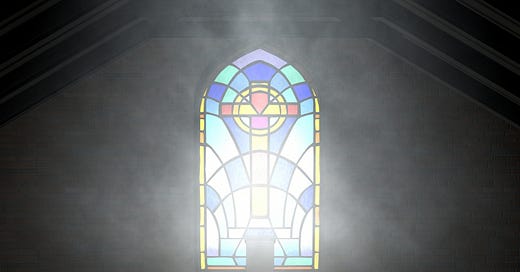


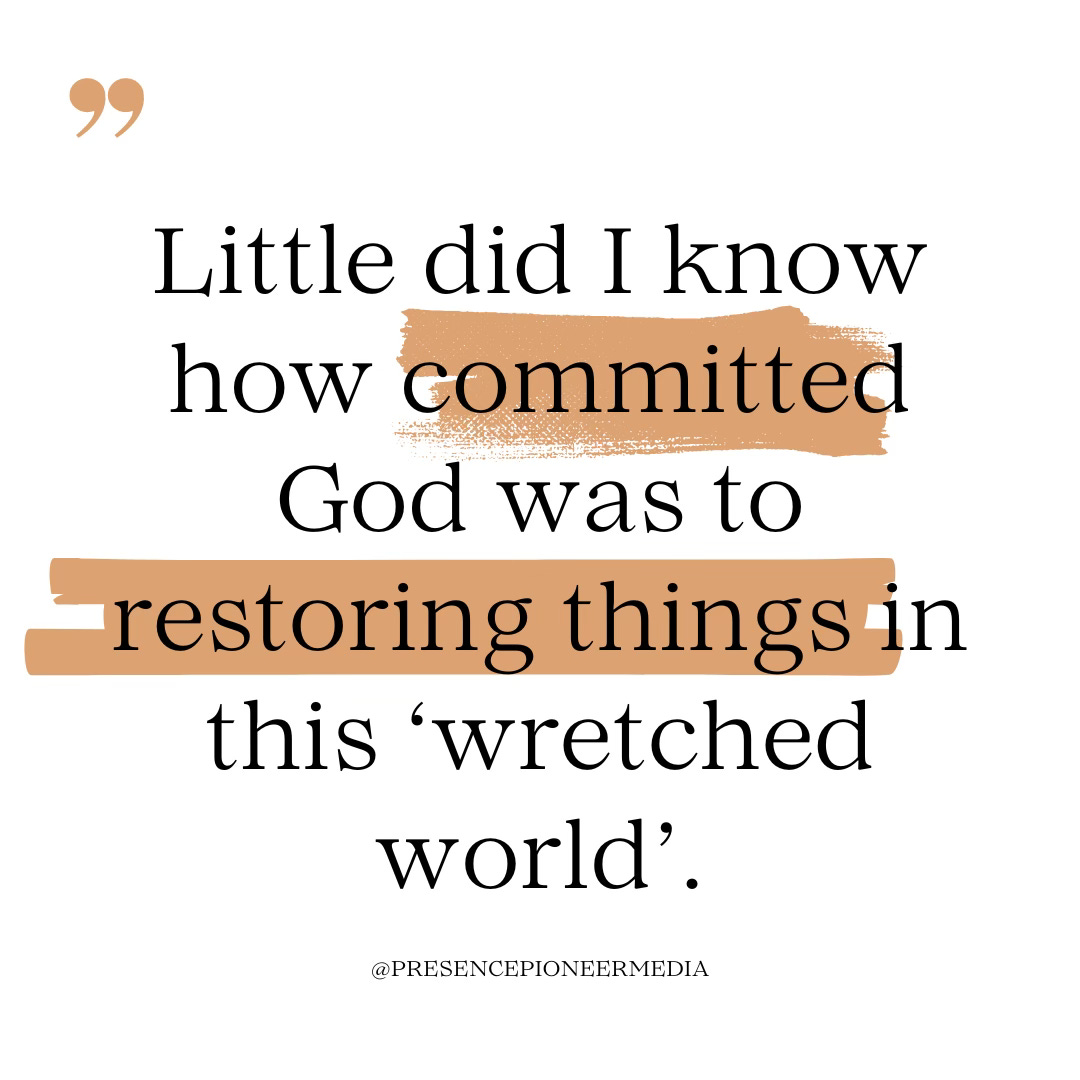
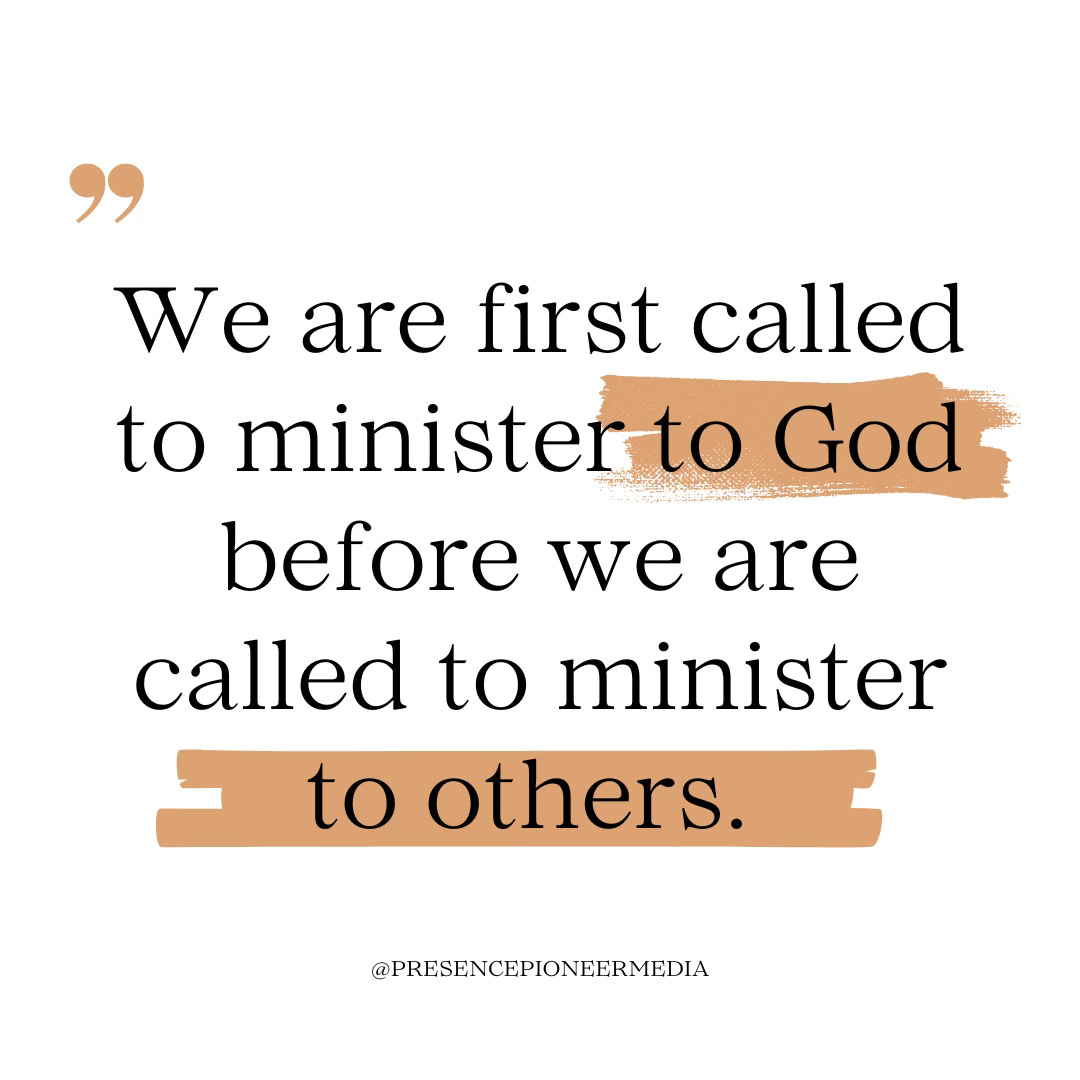
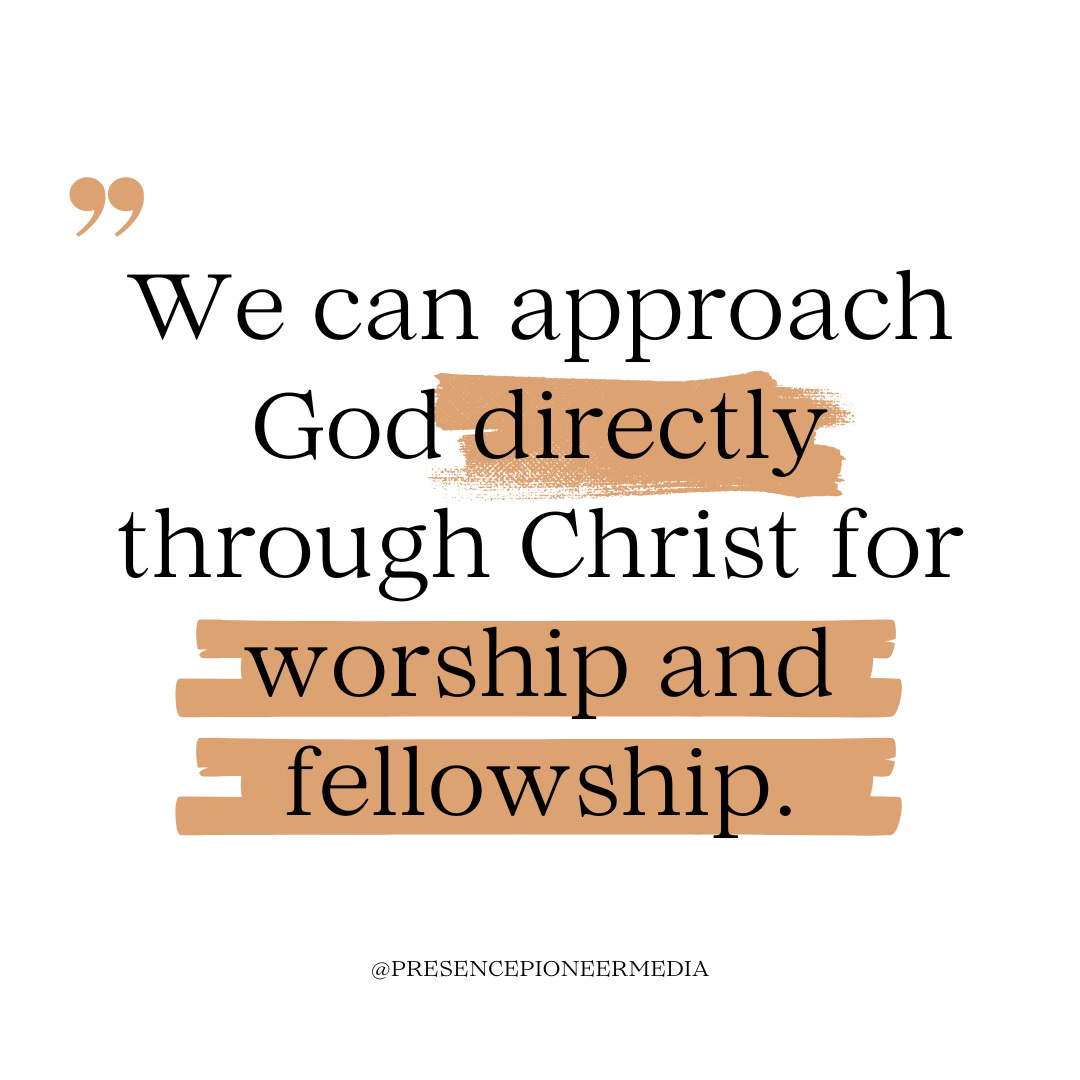

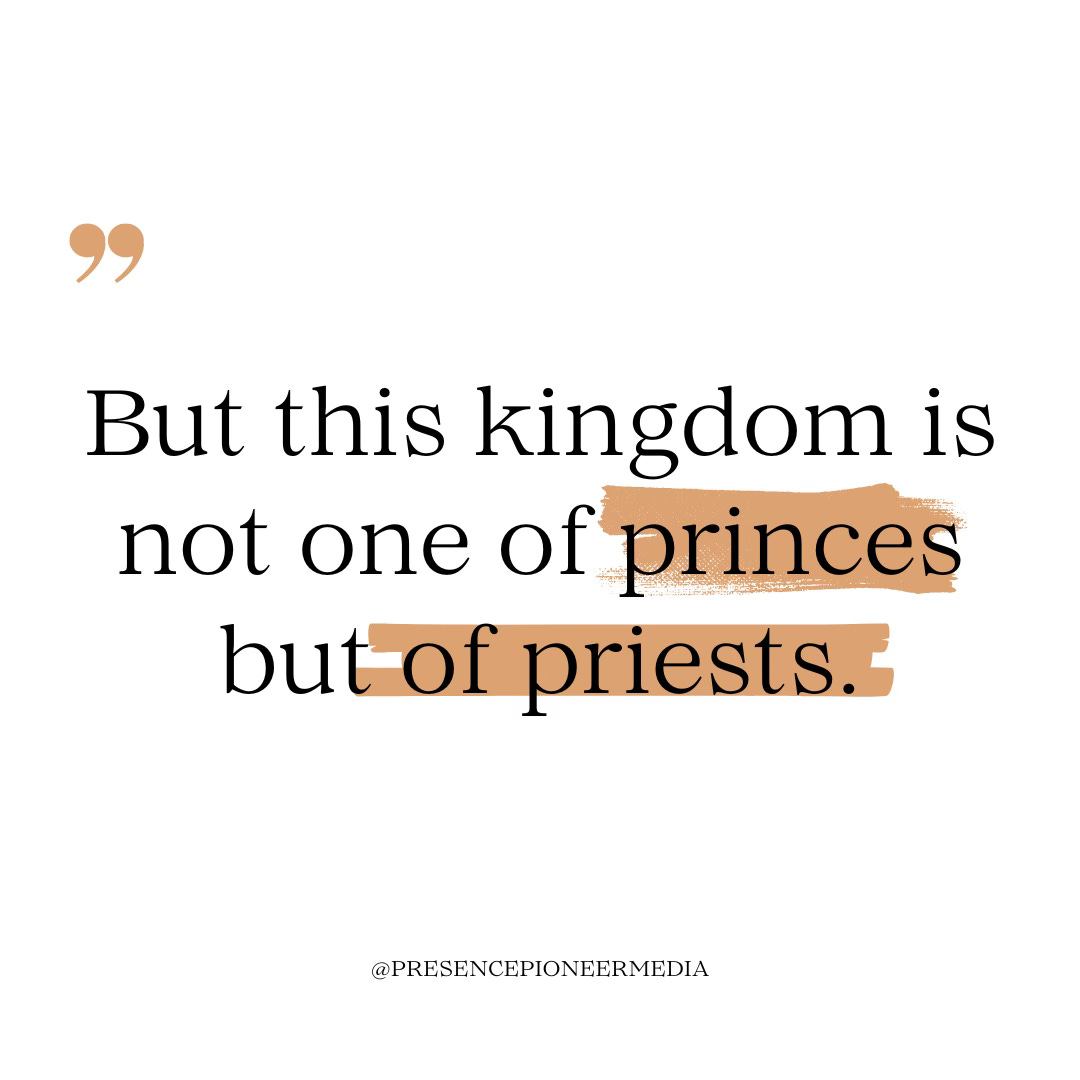
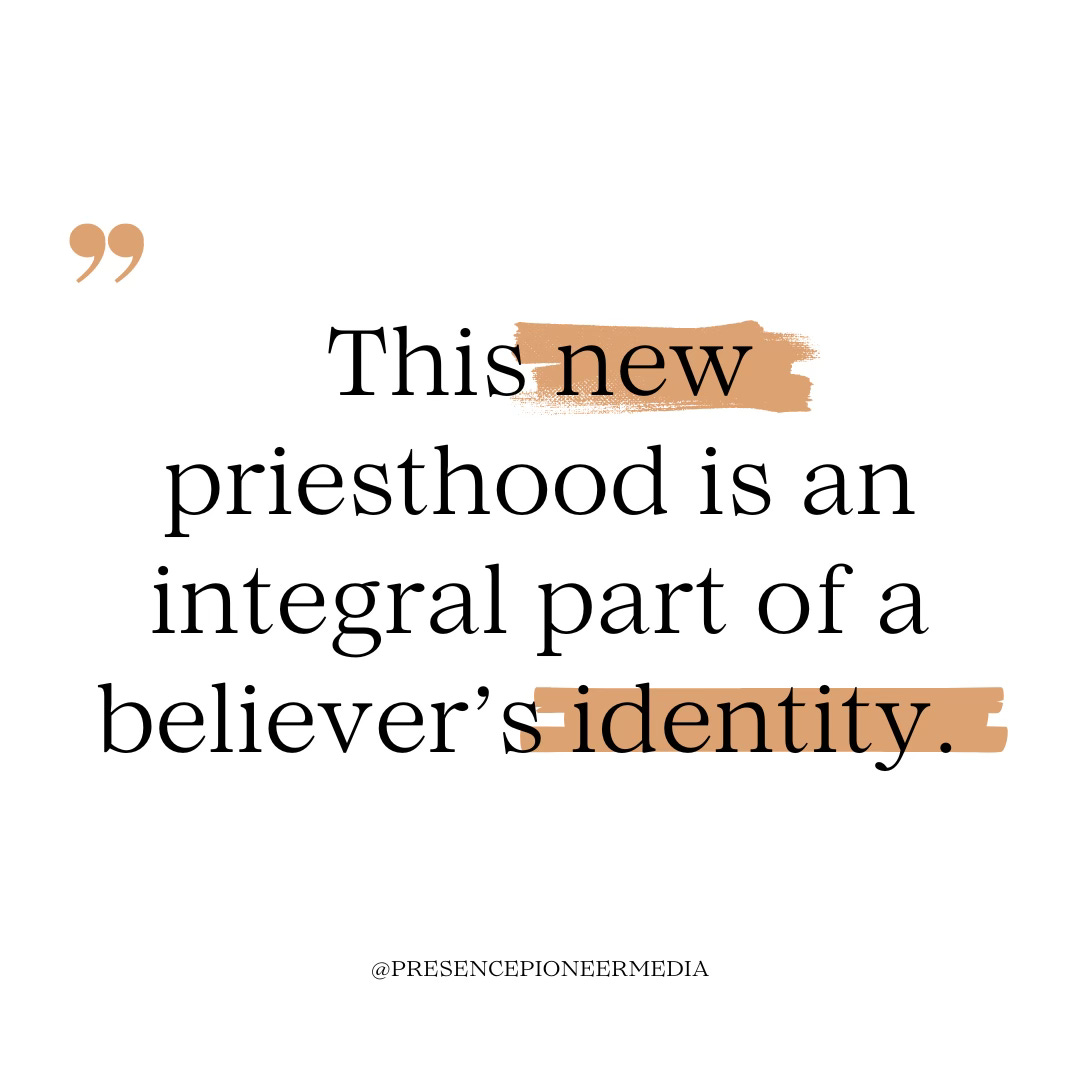

Powerful!
Great teaching on an important topic! I appreciated hearing Andrew's personal story and how God used that to draw him into his calling as a priest before God.